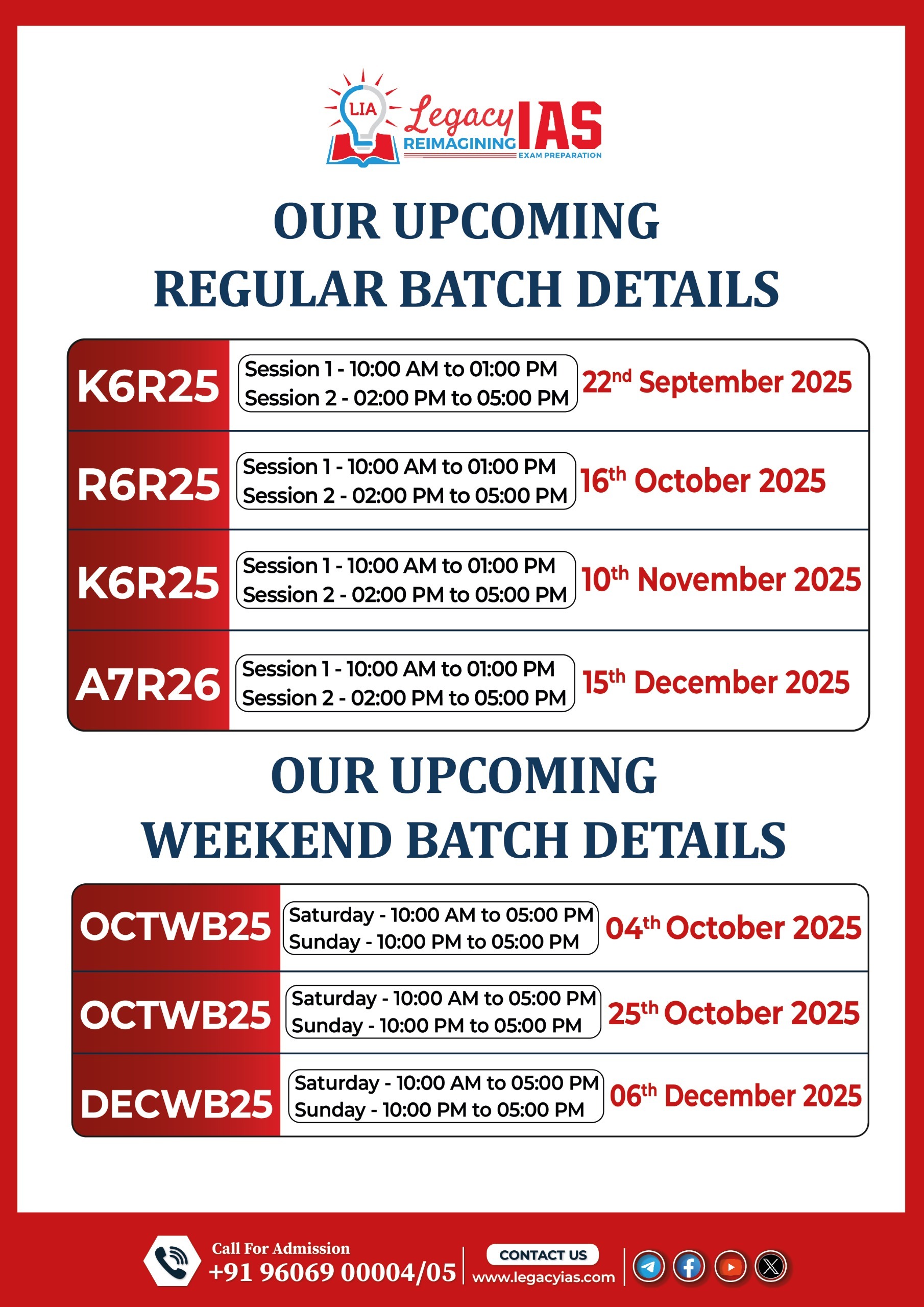Context:
Recently, the World Health Organisation (WHO) issued an alert about four Indian-manufactured cough syrups that it said could potentially be linked to acute kidney injury in children and 66 deaths in the small West African nation of The Gambia.
Relevance:
GS II: Health
Dimensions of the Article:
- What happened in Gambia?
- Why are the syrups not sold in India?
- What are the Related Regulations in India?
What happened in Gambia?
- At the end of July, the country’s Epidemiology and Disease Control Department was informed of a “sudden” increase in cases of children ages 5 months-4 years reporting to hospital with acute kidney injury.
- By August, 32 cases and 28 deaths had been reported — a case fatality ratio at 87.5 per cent.
- The Gambia reported the four syrups, used for fever, cough, and allergic cold, to the WHO.
- In its alert, the WHO said laboratory analysis of samples of each of these products had confirmed the presence of “unacceptable amounts of diethylene glycol and ethylene glycol as contaminants”.
- The syrups — Promethazine Oral Solution, Kofexmalin Baby Cough Syrup, Makoff Baby Cough Syrup, and Magrip N Cold Syrup — were manufactured by Maiden Pharmaceuticals, based in Sonipat, Haryana.
Diethylene glycol and ethylene glycol:
- Both are chemical contaminants that may be present in the solvent that is used in the syrups.
- It is toxic to humans, and can result in abdominal pain, vomiting, diarrhoea, inability to pass urine, headache, and altered mental state.
- It can also lead to acute kidney injury that may be fatal in children.
- In 2020, 17 children died in Jammu and Kashmir after consuming a syrup with high levels of diethylene glycol.
Why are the syrups not sold in India?
- A drug regulatory expert who was part of the investigation into the 2020 J&K deaths said India has phased out syrups in favour of suspensions.
- In syrup, the active pharmaceutical ingredient (API) is completely mixed in the solvent — imagine a sugar solution.
- In a suspension, on the other hand, API particles are suspended uniformly in a solvent — imagine cooked dal.
- That is why it says on labels on the bottles, ‘shake well before use’, otherwise the API will settle at the bottom.
- APIs such as paracetamol and others contained in the four syrups are not water-soluble, and hence need a base solvent like propylene glycol. “Propylene glycol is available in two varieties — one type is meant for industrial use, the other for pharmaceutical use.
- To save on costs, some companies use the industrial propylene glycol that may contain diethylene glycol and ethylene glycol as contaminants.
- Suspensions do not need propylene glycol as the active ingredient does not have to be dissolved. They use a liquid base called carboxymethylcellulose (CMC), with no risk of containing the two contaminants.
What are the Related Regulations in India?
The Drugs and Cosmetics Act:
- The Drugs and Cosmetics Act, 1940 and Rules 1945 have entrusted various responsibilities to central and state regulators for regulation of drugs and cosmetics.
- It provides the regulatory guidelines for issuing licenses to manufacture Ayurvedic, Siddha, Unani medicines.
- It is mandatory for the manufacturers to adhere to the prescribed requirements for licensing of manufacturing units & medicines including proof of safety & effectiveness, compliance with the Good Manufacturing Practices (GMP).
Central Drugs Standard Control Organisation(CDSCO):
- Prescribes standards and measures for ensuring the safety, efficacy and quality of drugs, cosmetics, diagnostics and devices in the country.
- Regulates the market authorization of new drugs and clinical trials standards.
- Supervises drug imports and approves licences to manufacture the above-mentioned products.
- CDSCO regulates export of drugs in India, any manufacturer with the certification from CDSCO can export drugs outside India.
Drugs Controller General of India:
- Drugs Controller General of India is a department of the Central Drugs Standard Control Organization of the Government of India responsible for approval of licenses of specified categories of drugs such as blood and blood products, IV fluids, vaccines, and sera in India.
- It comes under the Ministry of Health & Family Welfare.
- It also sets standards for manufacturing, sales, import, and distribution of drugs in India.
- It lays down the standard and quality of manufacturing, selling, import and distribution of drugs in India.
-Source: Indian Express



